TICF 3-Day Fast Guidelines
- The fast takes place between 6 am-6 pm on three consecutive days. After 6 pm, you may eat normally until 6 am the next morning.
- Prayer targets and verses will be provided to help unify the prayers of the body during this time.
- You can participate in one, two, or all three days. Even if you don’t fast, you can still participate in praying with the fellowship.
How to Do a Biblical Fast
“But the days will come when the Bridegroom will be taken away from them, and then they will fast.” — Matthew 9:15
- The practice of regular fasting as normal Christian behavior was taught by Jesus (Mt. 6:16–17, 9:15), exercised by the early church (Acts 13:2), and has been the regular discipline of believers throughout church history.
- The Bible does not speak of children engaging in fasting food. Minors who desire to fast are encouraged to consider non-food abstentions, such as TV, movies, Internet surfing, video games, and other entertainment.
- Fasting is always voluntary and should never become a pretense for boasting of one’s spirituality. In fact, fasting is an act that humbles and draws us into deeper dependence on God.
- Those with a known or suspected physical disability or illness, or those with any history of an eating disorder, should never fast, except in consultation with, and under the supervision of, a qualified doctor. Pregnant or nursing mothers should not fast food or drink as it could negatively affect the health and development of their baby and their own personal health.
Helpful Hints for Your Fast (Physical)
- Drink plenty of non-tap water.
- It is wise to abstain from strong stimulants such as caffeinated and sugary drinks during a fast, including the artificial sweeteners found in diet drinks.
- Expect some physical discomforts because of the detoxification process, especially on the second day. You may have fleeting hunger pains or dizziness. Withdrawal from caffeine and sugar may cause headaches, but it is a part of the detoxification process. Physical annoyances may also include weariness, tiredness, nausea, and sleepiness.
- If strength permits, walk half an hour during the day to help cleanse the lungs. Also, do some deep breathing throughout the day by inhaling through the nose and exhaling through the mouth.
Helpful Hints for Your Fast (Spiritual)
- Fast and pray in order to humble yourself and purify your worship. In fasting, we are not trying to get something from God, but seeking to realign our hearts’ affections with His. In fasting, we can more readily say, “We love you, Lord, more than anything in the world.” Lust of any kind is perverted worship, but fasting enables us to cleanse the sanctuary of our hearts from every other rival.
- Don’t boast about your fast. Let people know you won’t be eating only if necessary (Mt. 6:16– 18)
- Find a prayer partner during the fast. Two are better than one! (Mt. 18:19)
- Have a clear target as your prayer focus. Without a vision (a clear, prophetic prayer goal), the people perish. Write down your vision, so you can run with it (Hab. 2:2)
- Take time to pray and read the Word. This may seem obvious, but busyness and distractions can keep you from devotions.
- Ask God to manifest spiritual blessings and grace to you. There is a fasting reward (Mt. 6:18)
- Prepare for opposition. On the day of your fast, you can bet that donuts will be at the office or in class. Someone will suddenly be inspired to cook your favorite meals. Press through. Many times, you may feel more tension build at home. Satan tempted Jesus on the fast, and we must expect the same. Discouragement may come in like a flood, but recognize the source and take your stand on the victory of Christ
- If you fail, don’t give in to condemnation. The “to fast or not to fast” dilemma can be a major tool of the enemy. Even though you may fail several times, God always extends grace. Just hit the “delete” button and continue on your fast
- Feel free to rest a lot and continue to exercise with supervision
- Breakthroughs often come after a fast, not during it. Do not listen to the lie that nothing is happening. It is our conviction that every fast done in faith will be rewarded
- It is important after a fast to begin to discern between real hunger and cravings so you do not feed your cravings
Important Medical Information
- Seek medical advice before the fast, especially if you have any existing medical concerns or conditions.
- Pregnant or nursing mothers should never fast all food and/or drink, as fasting could be very dangerous to their baby’s development and health, and their own personal health.
- People who have struggled with eating disorders in the past should undertake any fasting with wisdom and caution. Fasting should not be used as a motive for weight-loss; it is important to enter back into “normal” healthy eating after a long fast (as described in the previous section)
- If you have a diagnosed illness and/or are taking prescription medicine, fasting should only be done under the direct supervision of a doctor or healthcare professional
- Some people have trouble fasting and become extremely hungry, dizzy and nauseous because they have undiagnosed low blood sugar. In this case, eat simple meals of boiled vegetables during the fast (this is called a Daniel fast).
